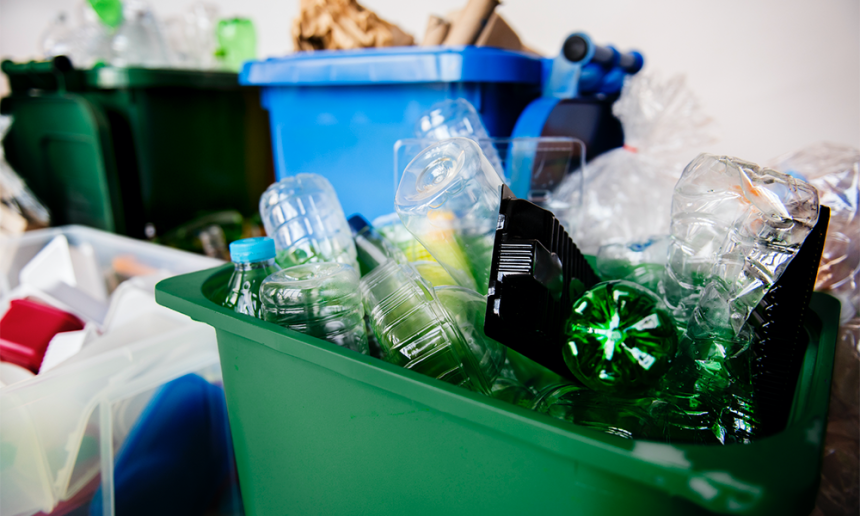New research suggests consumers across the UK want ‘more advice and education’ around plastic packaging.
Producer of ‘environmentally friendly’ printed plastic/acetate packaging, HLP Klearfold, commissioned the report which used Comparative Linguistics Analysis (CLA) to help ‘unpick’ the language, phraseology, topics and sentiment of millions of words of public conversations and content online.
It says the data has revealed that people were 7.4x more likely to reference the term ‘advice’ when commenting on plastic packaging in 2020 compared to in 2019 and 1.9x more likely to reference the term ‘know’ (for example “just don’t know”) in commentary on plastic packaging over that same time frame.
This CLA research highlights to us that we need to educate brands and consumers, the more people who use PCW (Post Consumer Waste) the more will be collected
The analysis also suggests that people are uncertain about regulations on how things should be recycled (eg, from local councils). With statements including: “I’m trying to work out if you accept and recycle soft plastic packaging like cellophane and plastic wraps etc. the council advice is unclear” and “my present bugbear is the recycling advice on a lot of plastic packaging currently not recyclable”.
Further findings of the report include:
- People tend to discuss plastic reduction or reusing much more than plastic recycling. People were 4.3x more likely to reference the term ‘reusing’ in commentary on plastic waste in 2020 than in 2019.
- With the rise in people being aware of the ethics of businesses, it is important to people that brands communicate where materials are sourced from. People were 5.3x more likely to reference the term ‘sourced’ in commentary on plastic and environment in 2020 than in 2019.
- In 2020, there was vastly more social commentary on government matters concerning plastic packaging. People were 22.9x more likely to refer to matters relating to government policy in commentary on plastic packaging in 2020 than in 2019 (eg, ‘budget 2020’, ‘plastic packaging tax’, etc).
Educating brands and consumers
HLP Klearfold says that despite figures from the British Plastics Federation (BPF) stating that recycling rates have improved over the last 20 years (from 13,00 tonnes of plastic bottles being recycled to 380,000), the CLA report suggests ‘more still needs to be done’ to educate the public about recycling.
It says people want ‘more advice’ on how and where to recycle as well as more information on the various types of recycling symbols found on packaging.
The report also suggests that where people are referencing the term ‘reusing’ in terms of plastic waste there needs to be ‘more awareness’ of post-consumer recycled plastic among both consumers and businesses, HLP Klearfold says.
HLP Klearfold says it ‘recognises the environmental issues plastics pose’ and is ‘continuously aiming to increase its use of recycled materials in the manufacturing process’.
Lianne Pemberton, Business Development Director at HLP Klearfold, said: “This CLA research highlights to us that we need to educate brands and consumers, the more people who use PCW (Post Consumer Waste) the more will be collected.
“Encouraging people to recycle enables us to obtain PCW more easily and therefore use less virgin polymer.
“It’s important that we resign to reduce raw material and components to keep costs comparable and also use mono materials only for maximum recycling.”
